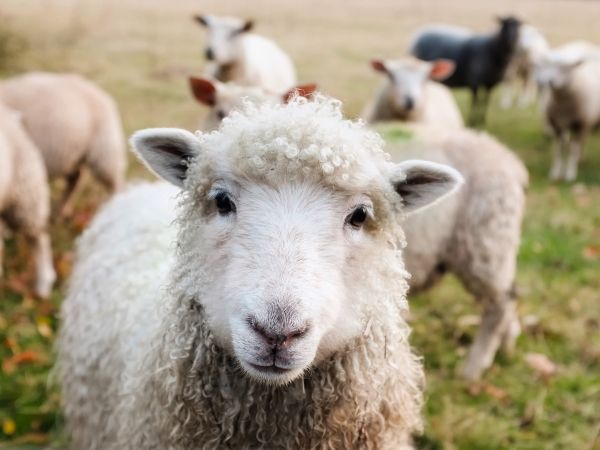An international team of researchers led by the Universities of Bath and Sheffield, investigated the evolution of Campylobacter jejuni, a bacterium carried by cattle which is the leading cause of gastroenteritis in high-income countries.
Campylobacter facts:
- Causes bloody diarrhoea in humans
- Transferred to humans from eating contaminated meat and poultry
- Although not as dangerous as typhoid, cholera or E.coli, it causes serious illness in patients with underlying health issues and can cause lasting damage.
- Around 1 in 7 people suffer from an infection at some point in their life
- Causes three times more cases than E.coli, Salmonella and listeria combined
- Carried in the faeces of chickens, pigs, cattle and wild animals
- Campylobacter is estimated to be present in the faeces of 20% cattle worldwide
- The bug is very resistant to antibiotics due to their use in farming
The researchers, publishing in the prestigious journal Proceedings of the National Academy of Sciences, studied the genetic evolution of the pathogen and found that cattle-specific strains of the bacterium emerged at the same time as a dramatic rise in cattle numbers in the 20th Century.
Read more at University Of Bath
Image by David Mark from Pixabay


